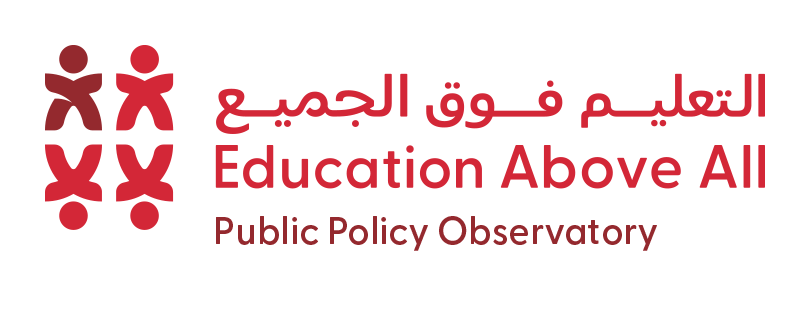Context and Issue
Low learning outcomes are an area of increasing concern and interest in Kenya. A Uwezo household survey assessment (Uwezo 2016) showed no national-level changes in literacy outcomes from 2010 to 2014 despite implementing more than 25 interventions across Kenya in 2014. In order to tackle this problem, a narrower focus on early education was done through the introduction of Early Grade Reading Activity EGRA, which serves as a tool to provide insights into education systems and programs but does not constitute an intervention itself. Designed to assess essential literacy skills crucial for early reading, EGRA comprises various subtasks, each serving a distinct function.
Solution
The Tusome Early Grade Reading Activity, a seven-year, US$88.8 million initiative funded by USAID/Kenya and East Africa (KEA) and the Ministry of Education (MoE), aimed to improve the reading skills of approximately 7.8 million Kenyan children in grades 1 to 3 across 24,038 primary schools. Launched in 2014 to address significant literacy deficits due to inadequate teaching resources and ineffective methods, Tusome implemented research-based reading strategies, increased teaching materials, and provided extensive teacher training and support. The program's effectiveness was evaluated using the Early Grade Reading Assessment (EGRA), which was administered in 2015, 2016, and 2019 across 204 schools. To ensure sustainability, key elements included comprehensive teacher support, regular assessments, and strong government engagement. As a result, Tusome created a robust framework for enhancing early grade reading skills and overall educational outcomes in Kenya
Impact
Results in one component based on the evaluation illustrate that the students have demonstrated notable improvements across all EGRA subtasks in both English and Kiswahili, with statistically significant results. Notably, the progress seen in Grade 2 English reading from the beginning to the end of the period is approximately equivalent to the advancement typically associated with an additional year of schooling.













